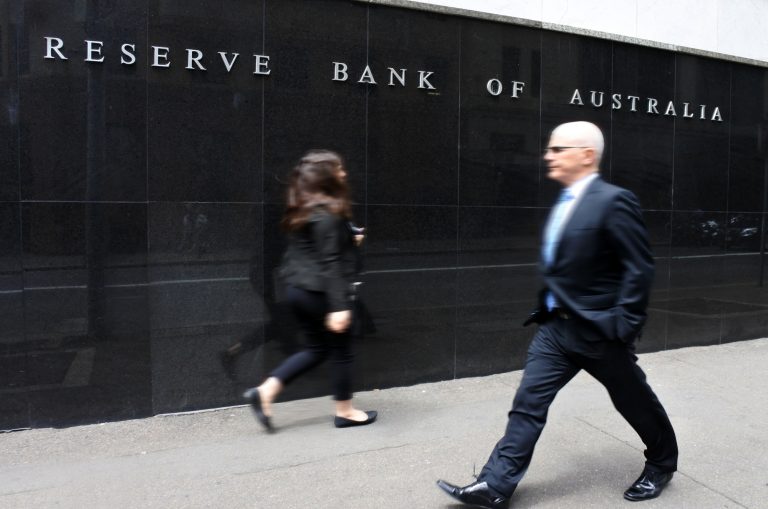Quarterly Economic Update: January-March 2023
The Reserve Bank of Australia has decided to pause its cycle of interest rate hikes, keeping the cash rate target unchanged at 3.6 percent due to softening inflation data, a…

The Reserve Bank of Australia has decided to pause its cycle of interest rate hikes, keeping the cash rate target unchanged at 3.6 percent due to softening inflation data, a…

According to the Reserve Bank of Australia, domestic headline inflation is expected to reach 8% in the final month of 2022 as consumers continue to spend despite higher interest rates….

At the beginning of 2022 the Australian economy appeared to be sliding into recession, dragged down by higher interest rates and even higher inflation levels. As a result, it was…

The price of a lowly head of lettuce has never been a recognised barometer of the strength of the Australian economy, that is until the media started reporting iceberg lettuces…

Investment and portfolio building has traditionally been a male-dominated world, but these days more women are trading on the market – and they’re good at it! According to an ASX…

COVID-19 update Finally, some good news on the COVID-19 front: several vaccines have been rolled out in a number of countries. While a huge step forward in bringing the pandemic…

Just as night follows day, it seems part of the regular cycle of the world’s share markets that market crashes and falling prices follow good times and rising prices. The…
End of content
End of content